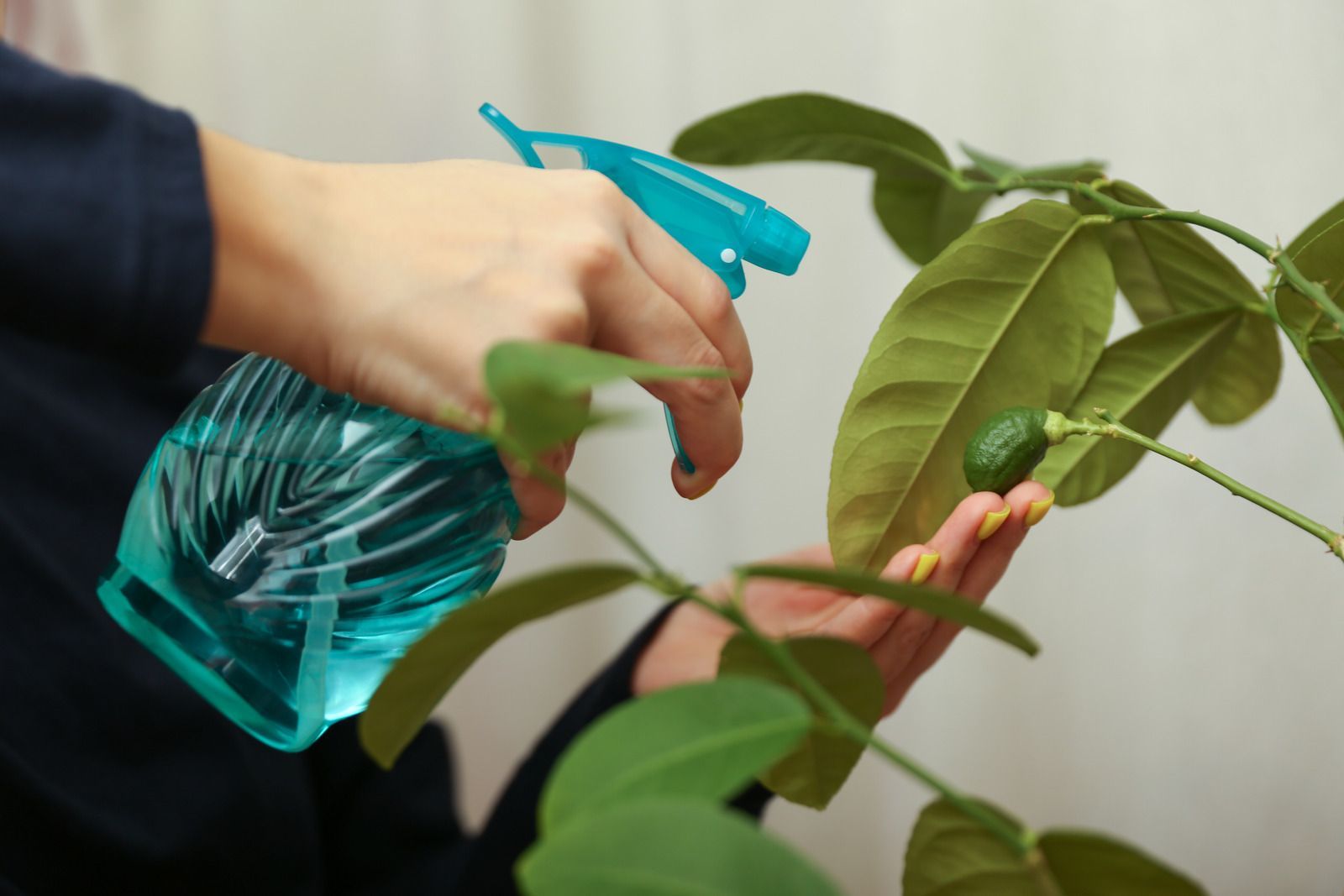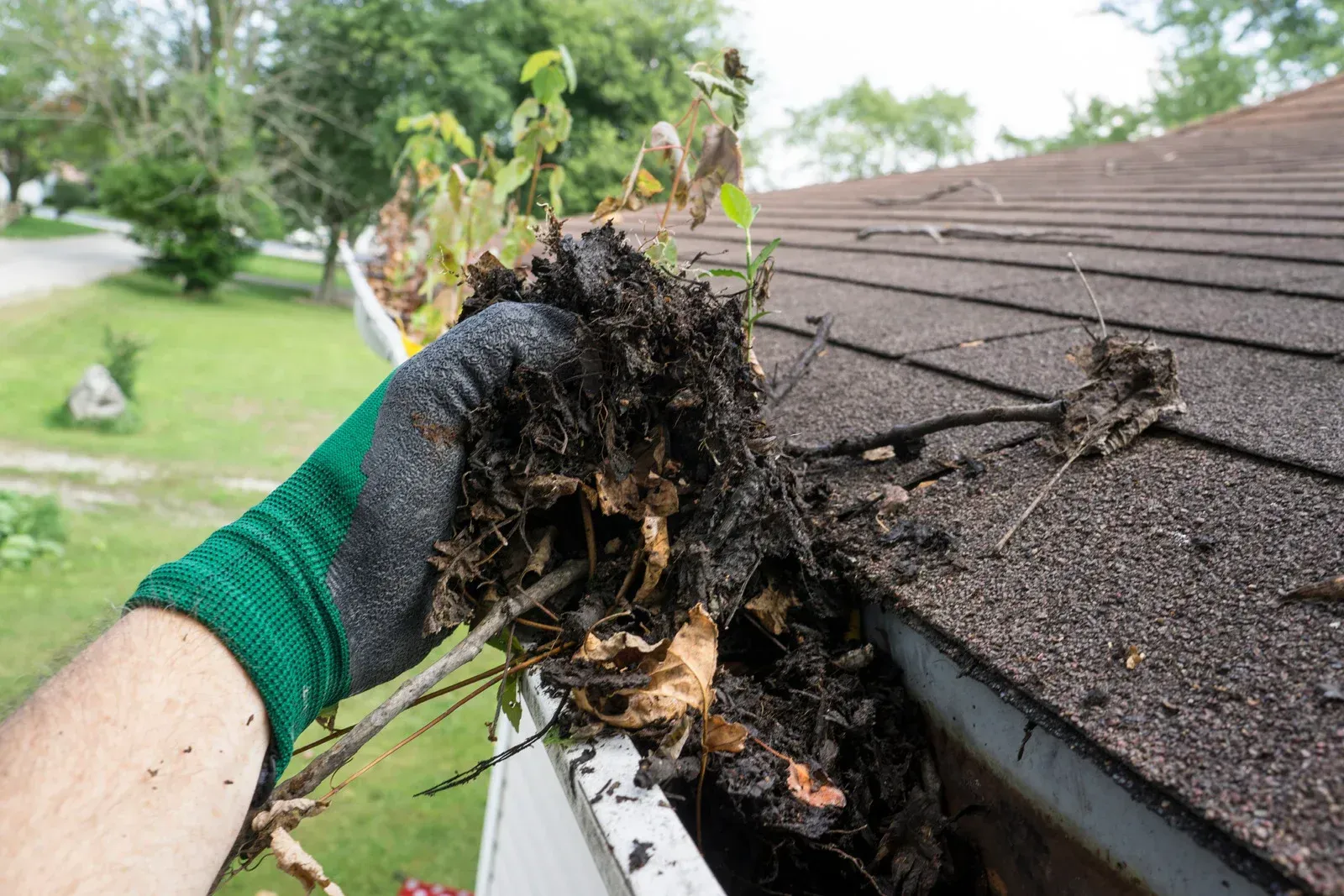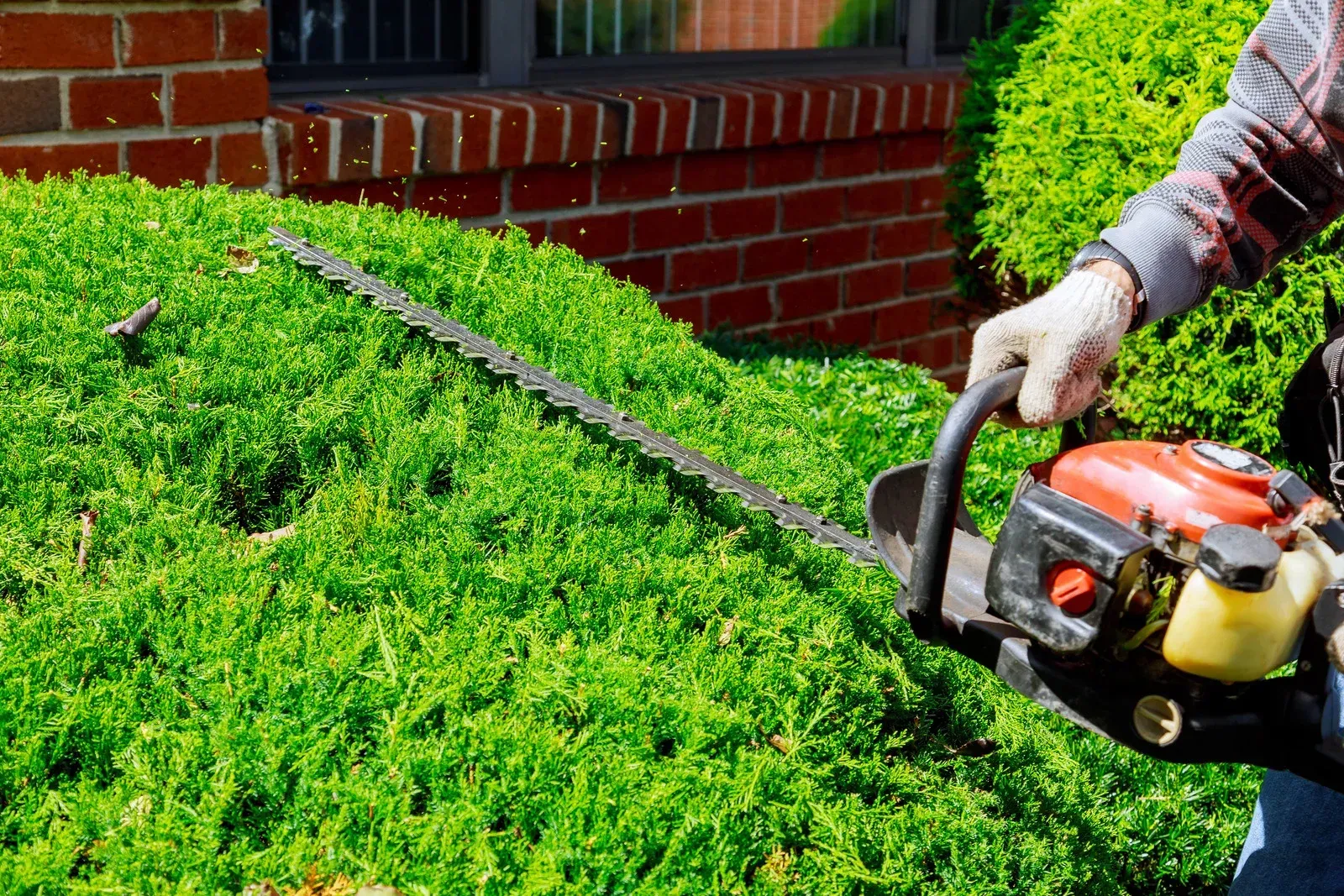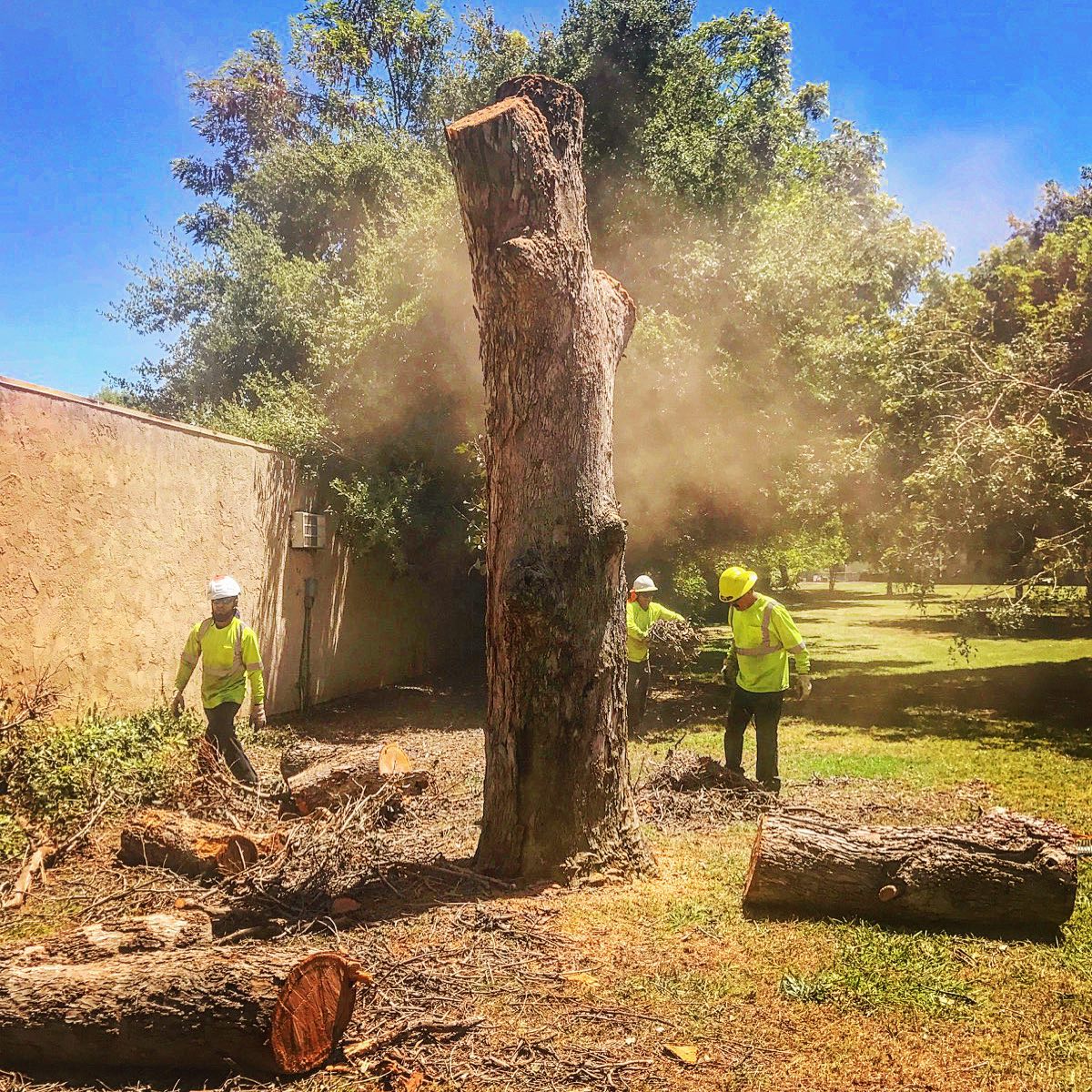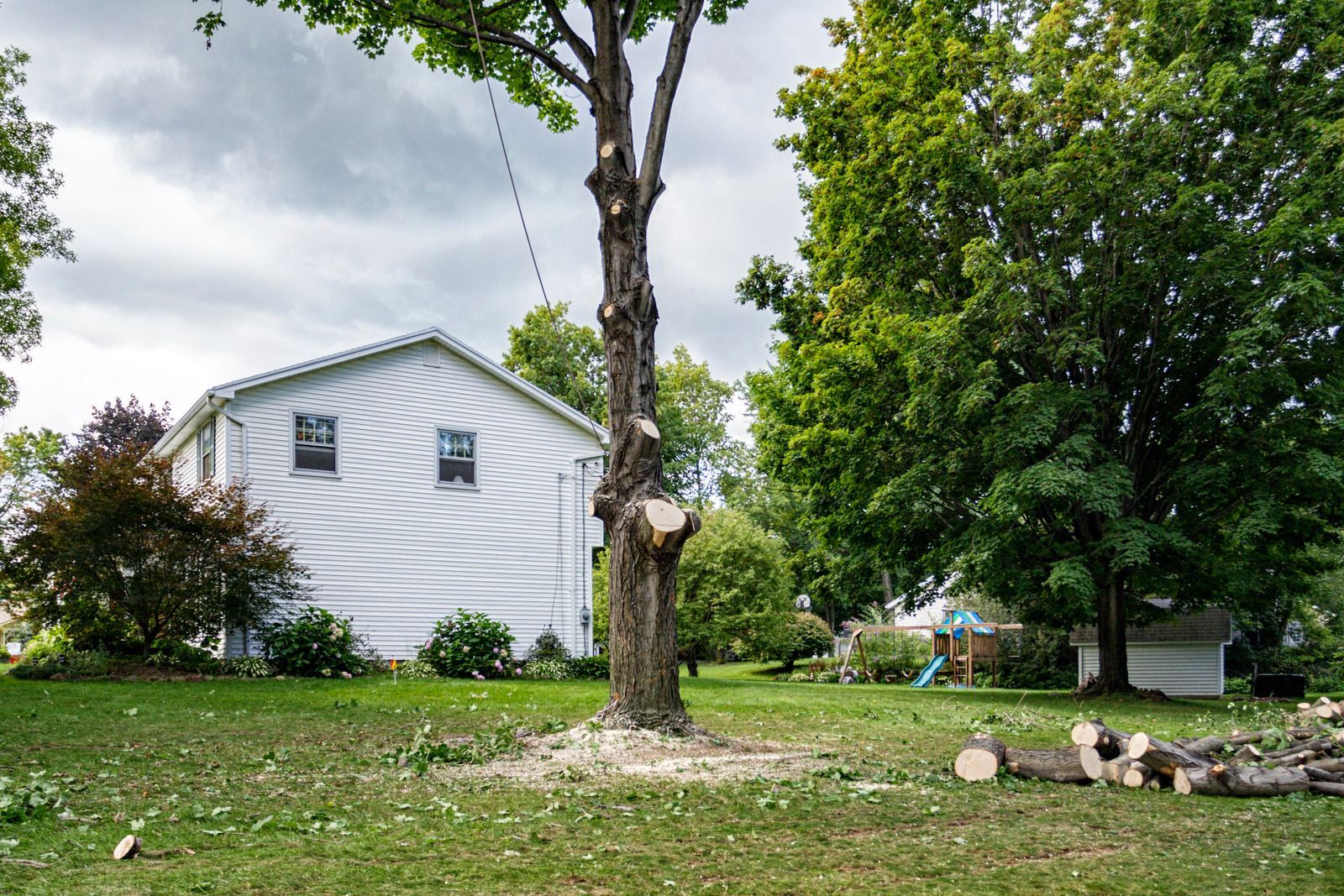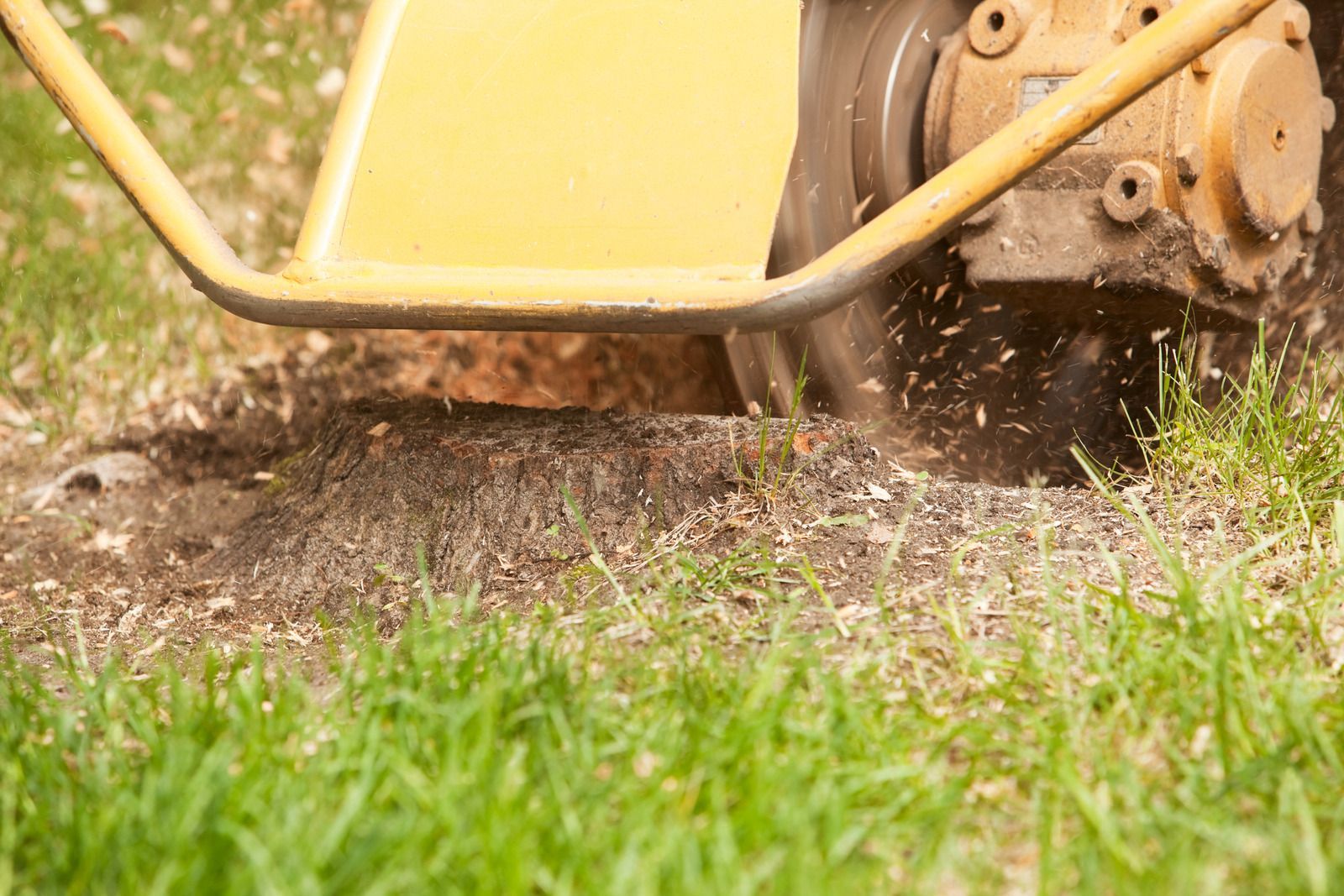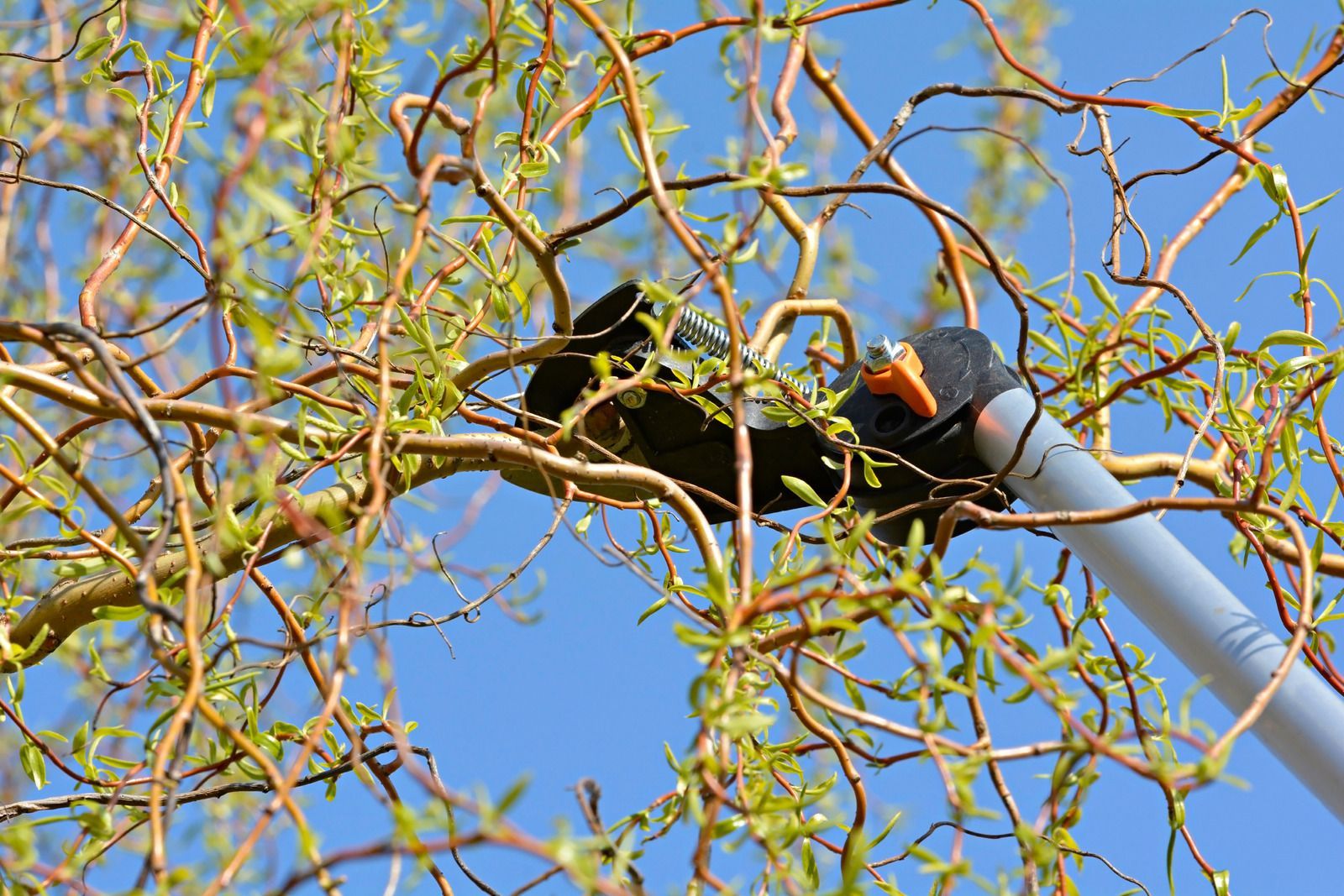Advanced Technologies for Plant Healthcare in Southern California
Southern California's unique climate, with its dry summers and mild winters, presents both opportunities and challenges for agriculture. While the sunshine provides ample growing days, it also increases plants' risk of pest infestations and water stress. Thankfully, advanced technologies are emerging to revolutionize plant healthcare in this region.
1. Data-Driven Decisions for Optimal Plant Health
Precision agriculture utilizes a set of technologies to collect real-time data on various aspects of a farm's environment. This data includes soil moisture levels, nutrient content, and weather patterns. Sensors strategically placed throughout fields gather this information, which is then analyzed using powerful software. This empowers farmers to make informed decisions about irrigation, fertilization, and pest control, optimizing plant health and maximizing yields.
Imagine a farmer receiving an alert on their phone indicating a specific field area is experiencing low nitrogen levels. With this data, they can apply fertilizer precisely where it's needed, ensuring their crops receive the optimal nutrients for healthy growth.
2. Drones Taking Plant Monitoring to New Heights
Drones are no longer just for hobbyists. In Southern California, they're becoming a valuable tool for farmers. Equipped with high-resolution cameras and specialized sensors, drones can provide aerial views of fields. These views allow farmers to identify areas with potential problems, such as water stress, pest outbreaks, or nutrient deficiencies. Farmers can address these issues swiftly before they significantly impact their crops.
3. Powerful Tools for Early Disease Detection
Artificial intelligence and machine learning are making significant strides in plant healthcare. By analyzing vast datasets of images and sensor data, AI algorithms can learn to identify the early signs of plant diseases. This allows farmers to take preventative measures before diseases spread and devastate crops. With its diverse range of agricultural products in Southern California, AI-powered disease detection is a valuable tool for early intervention.
4. Conserving Water While Ensuring Plant Health
Water scarcity is a constant concern in Southern California. Smart irrigation systems use a combination of sensors, weather data, and historical water usage patterns to create an irrigation plan that delivers the precise amount of water each plant needs. This not only conserves water but also prevents plants from suffering from water stress, which can weaken them and make them more susceptible to disease.
5. Biological Pest Control: A Sustainable Approach
Water scarcity is a constant concern in Southern California. Smart irrigation systems use a combination of sensors, weather data, and historical water usage patterns to create an irrigation plan that delivers the precise amount of water each plant needs. This not only conserves water but also prevents plants from suffering from water stress, which can weaken them and make them more susceptible to disease.
These advanced technologies are just the beginning of a revolution in plant healthcare. As research and development continue, we can expect even more innovative solutions to emerge, such as gene editing for disease resistance and robots for targeted weed removal. By embracing these advancements, Southern California's farmers can ensure the health of their crops, optimize resource use, and contribute to a more sustainable agricultural future, feeding a growing population while protecting the environment for generations to come.
